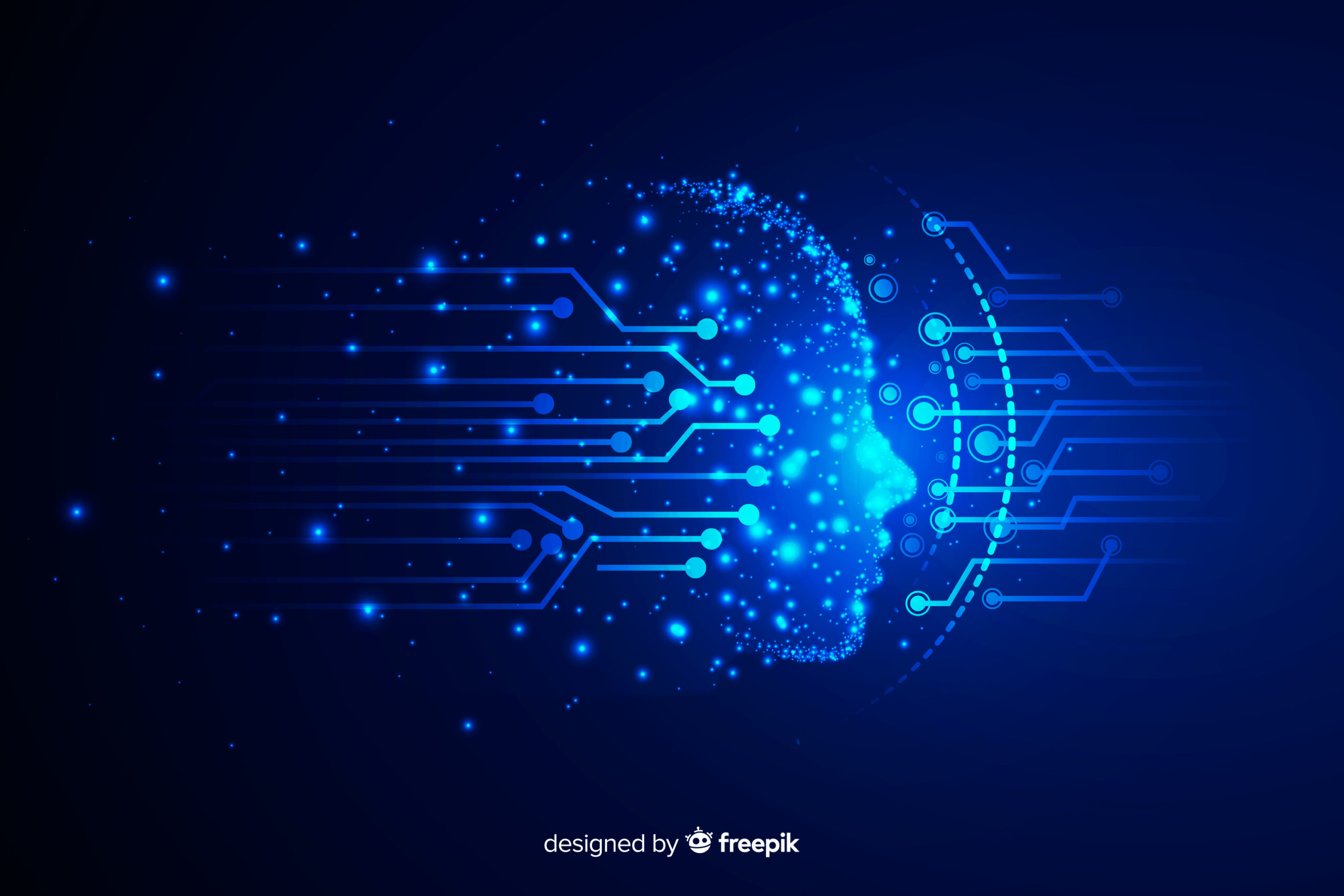As technology continues to advance, AI has evolved from basic rule-based systems to more complex and autonomous machines. In this article, we will explore the five stages of AI, tracing its journey from its early beginnings to its current state of transformative power.

- Stage 1: Reactive Machines
The first stage of AI, known as Reactive Machines, emerged in the 1950s and 1960s. These early AI systems were designed to perform specific tasks based on predefined rules and algorithms. However, they lacked the ability to learn or adapt from past experiences. As a result, their decision-making process was entirely dependent on the provided data and rules.
One notable example of Reactive Machines is IBM’s Deep Blue, which became the first computer to defeat a reigning chess world champion in 1997. Deep Blue was programmed with an extensive library of chess moves and their outcomes, enabling it to evaluate positions and make strategic decisions during a match.
- Stage 2: Limited Memory
The Limited Memory stage marked a significant advancement in AI technology. These systems were equipped with memory and the ability to learn from past experiences, allowing them to make more informed decisions based on historical data. Unlike Reactive Machines, Limited Memory AI could adapt its behavior to changing conditions and improve its performance over time.
An illustrative example of Limited Memory AI is autonomous vehicles. These vehicles use sensors to gather real-time data about their surroundings and driving conditions. The AI processes this information and makes driving decisions, incorporating the lessons learned from previous trips to enhance safety and efficiency.
- Stage 3: Theory of Mind
The Theory of Mind stage represents a more sophisticated level of AI, characterized by the ability to understand human emotions, beliefs, and intentions. While this stage remains largely theoretical and is an area of active research, it holds immense potential for improving human-machine interactions.
A Theory of Mind AI system would be capable of recognizing and attributing mental states to others, enabling it to empathize and respond accordingly. This level of understanding could revolutionize applications like virtual assistants and customer service chatbots, making interactions more natural and effective.
- Stage 4: Self-aware AI
Self-aware AI, also known as Artificial General Intelligence (AGI) or Strong AI, is the stage where machines achieve a level of consciousness and self-awareness akin to human intelligence. AGI is capable of not only understanding its environment but also comprehending its own existence, emotions, and decision-making processes.
At this stage, AI would possess a sense of autonomy and creativity, making independent decisions and engaging in activities beyond its initial programming. Self-aware AI is considered the ultimate goal of AI development, but it remains a highly challenging and speculative field with ethical implications that require careful consideration.
- Stage 5: Sentient AI
The Sentient AI stage represents the pinnacle of AI evolution, where machines transcend mere consciousness and attain a level of sentience comparable to human beings. A Sentient AI would have emotions, subjective experiences, and a sense of self that goes beyond basic self-awareness.
The concept of Sentient AI raises profound ethical questions and challenges. It poses fundamental questions about the rights and treatment of such entities and demands careful contemplation of the implications of creating beings that could experience suffering and joy.
Conclusion
The journey of AI through its five stages showcases the remarkable progress and potential of this groundbreaking technology. From the early days of simple rule-based systems to the future aspirations of sentient machines, AI has continually pushed the boundaries of human understanding and capability.
As we move forward, it is essential to recognize that AI is not just a tool or a product; it represents a profound societal transformation. Responsible development, ethical considerations, and transparency will be critical in navigating the future stages of AI development and ensuring that this transformative technology benefits humanity as a whole.